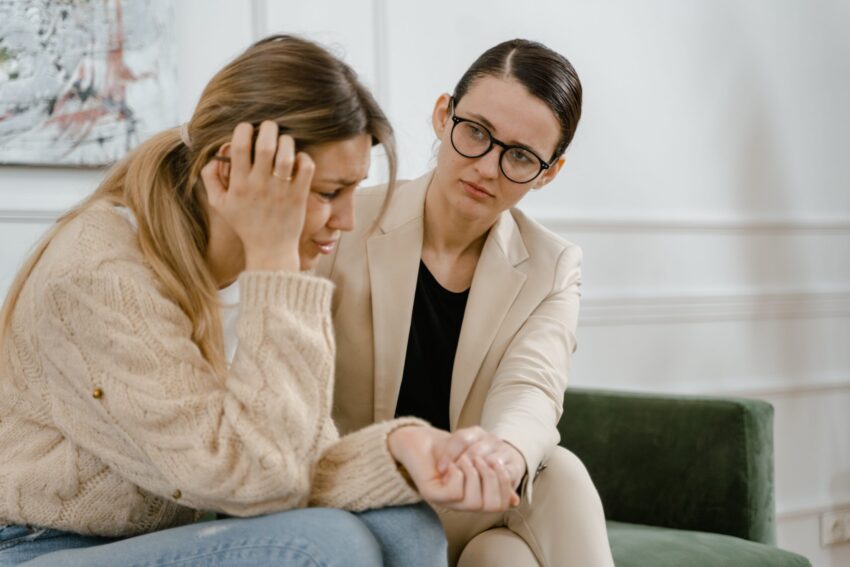Mental Health First Aid teaches skills for helping people experiencing mental health challenges
Written By: Rebecca Hoffa, rhoffa@purdue.edu

Ryan Watson, senior online program enrollment counselor at Purdue University, spends the majority of his day interacting with individuals who are facing a major life decision. As they consider whether pursuing an online program at Purdue is right for them, these individuals may be experiencing stress or anxiety, so being a reassuring voice and listening ear are important to Watson’s role.
To grow his skills in mental health support, Watson recently participated in the Mental Health First Aid program administered by Purdue Health and Human Sciences Extension. He walked away with an action plan for how to assess and provide care to someone who may be struggling with their mental health.

Ryan Watson(Photo provided)
“Any of us who have dealt with it ourselves or know people who have struggled with issues of mental health know it can be all-encompassing at times,” Watson said. “It’s something that can really affect someone entirely and color everything for them. I think having some general awareness as a Purdue University Online entity really gives us the ability to listen, to act on their best interests and to try to help students in a way that we hadn’t helped them before. I can help them to make good career investments and good educational investments, but I want to help make sure they’re doing what’s best for them holistically too.”
Housed within the College of Health and Human Sciences (HHS), Purdue Extension has a team of certified instructors to teach Mental Health First Aid, a program developed by the National Council for Mental Wellbeing. The program helps participants develop confidence and an action plan to be able to provide support to someone who may be experiencing a mental health issue or crisis. The program covers topics ranging from anxiety and depression to trauma and self-care.
Stephanie Woodcox, assistant program leader and health and wellness extension specialist, oversees the program and facilitates some of the adult-focused training sessions. During a course, individuals participate in activities and discussions to practice skills to assess, approach and engage with someone who may be experiencing a mental health challenge.
“Knowledge is great, but being able to put skills to use to help someone else is a really powerful takeaway from the program,” Woodcox said. “Participants gain awareness of and a better understanding about mental health and substance use issues.”

Stephanie Woodcox(Photo provided)
Woodcox noted depression and anxiety are more common than we may think among the general population, and individuals experiencing a mental health challenge can be present anywhere. She said Mental Health First Aid helps individuals be more mindful and compassionate toward others who may be hurting and offer support to those in need.
“(The COVID-19 pandemic) brought to light the need for more resources, services and supports to help individuals who may be experiencing those types of issues,” Woodcox said. “Mental Health First Aid is one way in which Purdue Extension can help. There has been an increase among some of our participants saying, ‘I’ve noticed this more’ or ‘I didn’t really realize these things, and it has made me want to learn more.’
“I think it opens the door for some greater discussions about how our language matters and how we might be able to correct some misconceptions about mental health and substance use, empowering people to change the narrative about this topic.”
Ultimately, Purdue Extension professionals like Woodcox are working to help individuals explore all dimensions of health and well-being — with mental and behavioral health being an important component of this.
For Watson, the program has had a lasting influence in helping him build skills to listen intuitively in his conversations with prospective Purdue students and better help them in their journey.
“The situations in the program applied to things that we could encounter — we could feel as if we were there,” Watson said. “So, I think watching those play out and the discussion afterward really gave us a good sense of ‘This is true to life. This is what it looks like, and it doesn’t always come in the same variety, shape and size, but here are some things to look out for.’”